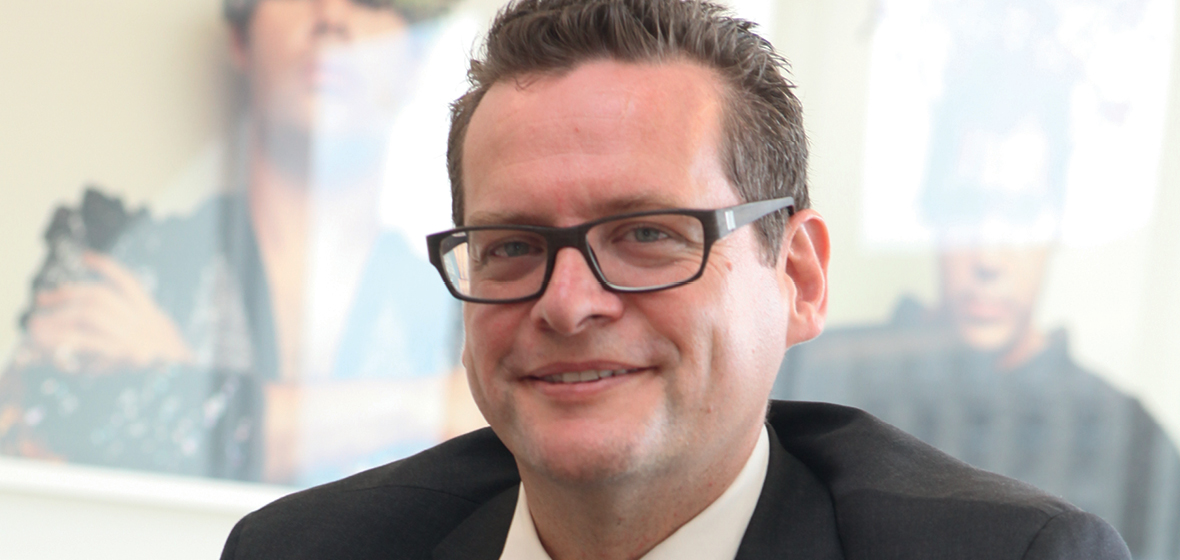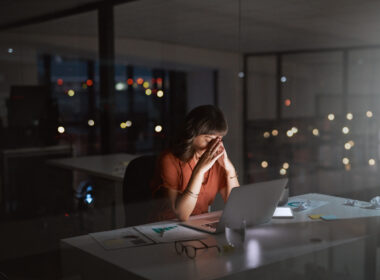CHRIS FLYNN DIDN’T MEET JAILED AL JAZEERA JOURNALIST PETER GRESTE UNTIL THREE DAYS AFTER HIS RELEASE FROM AN EGYPTIAN PRISON. Yet the Sydney lawyer, a partner and expert in international petroleum law at Gilbert + Tobin, ran the case and spent many hours studying the intricacies of Greste’s journalistic career and the laws that kept him jailed for 400 days along with two colleagues who were convicted of supporting the banned Muslim Brotherhood group. Flynn, 40, did the Greste case pro bono after a request from Greste’s supporters came to Gilbert + Tobin managing partner Danny Gilbert. Flynn was used to legal work involving government to government or company deals over resources, oil and gas. Having grown up in Coffs Harbour, the youngest of nine children, Flynn was first exposed to international issues as a Rotary Exchange Student to Argentina after high school. He started studying commerce, then moved to law and has worked at large firms including Allens and Ashurst, and in the private sector in the Middle East and Australia. Flynn is married to Elsa van Wijk, general counsel at Hotel Club, who he says he fell in love with on day one at Brisbane’s Griffith University (and took five years to ask out). The couple has three children under seven and another baby on the way. He tells JANE SOUTHWARD about his work life.
“I DO ENERGY AND ENERGY SECURITY WORK AND I HAVE WORKED IN 55 COUNTRIES. A lot of the work involves treaties between governments and between governments and companies. I travel lot. I go to Perth regularly, often every fortnight, as I have a lot of clients there as well as overseas. I also lecture occasionally at the University of Western Australia. I don’t go to court – I am not a litigator, I negotiate things. A lot of my work is providing strategic advice to a board on dealing with governments or structuring deals. Most of my clients are resource companies or governments.
I have been on the edges of some cases that involve sovereign immunity but I hadn’t done anything quite like the Peter Greste case. But I am used to dealing with governments. I had done a lot of work in that region before. A lot of it is tactical.
One of the things I liked about the Greste case is that I really believe in the role of journalists and the very important place they have in democracy and for transparency. I didn’t go to Egypt for the case. We communicated through Peter’s family and the Department of Foreign Affairs and Trade. I ran the application and we also had local counsel. We drafted a local Egyptian lawyer who could run the case, which was heard in Arabic.




